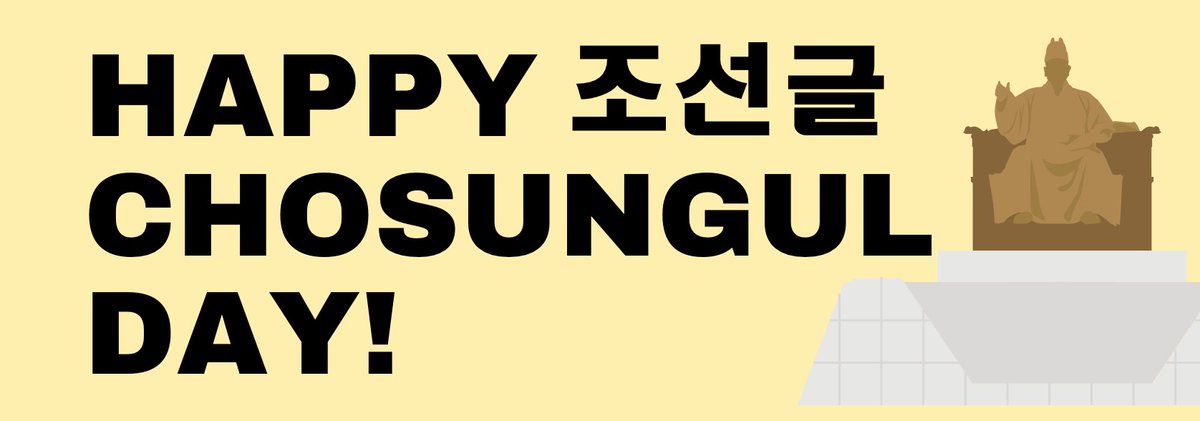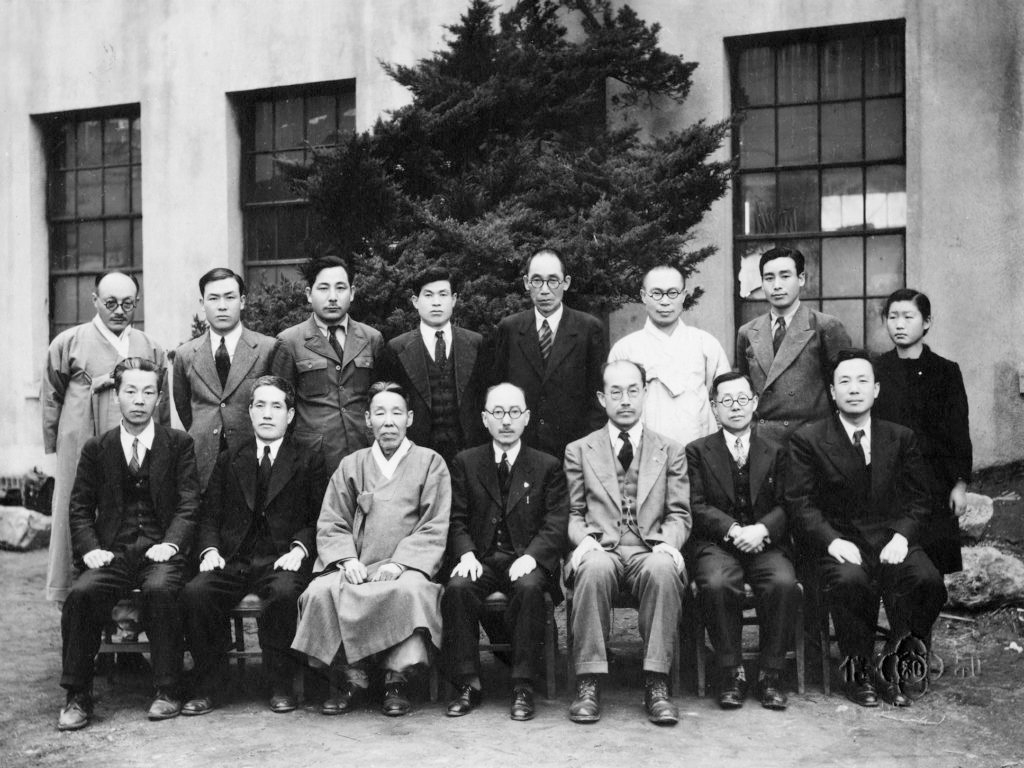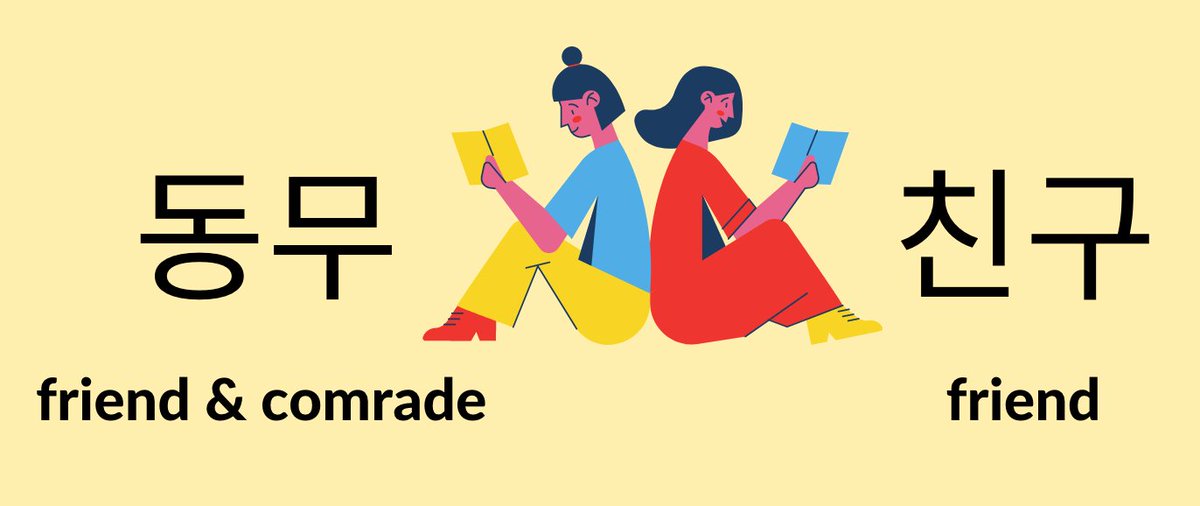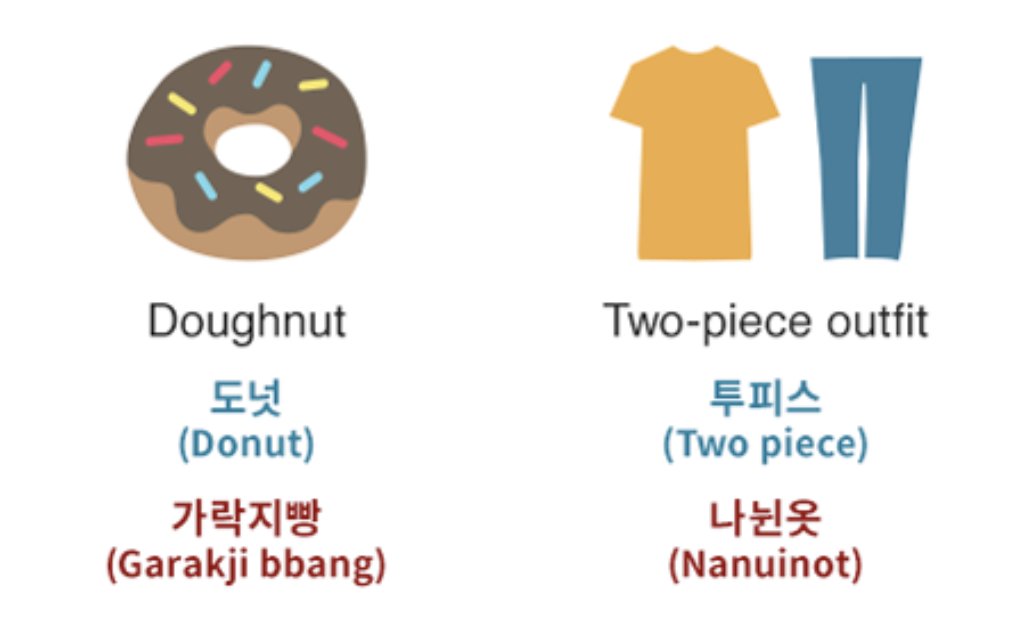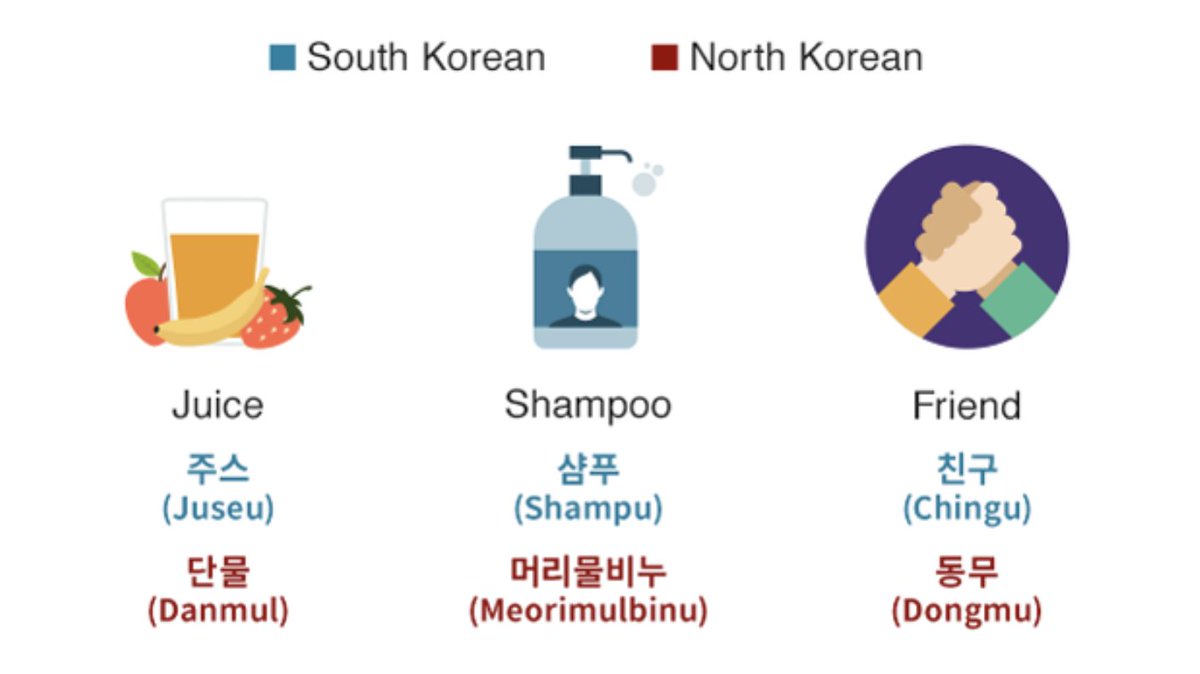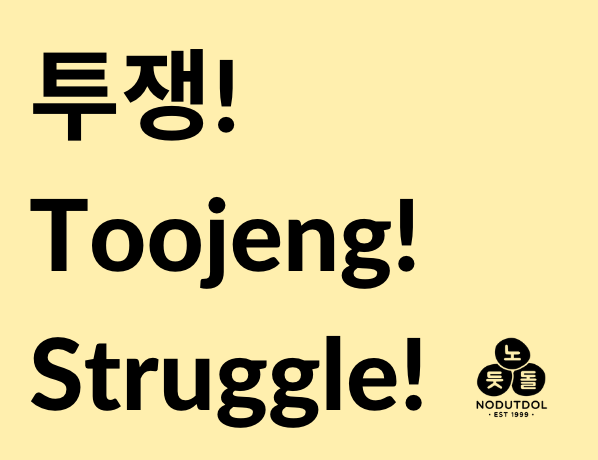Today we celebrate the Korean written language, Chosungul 조선글 in DPRK & Hangeul 한글 in ROK.
Sejong the Great of the Chosun dynasty sought to expand literacy to the masses as the previous writing system based on Chinese characters was only accessible to rich aristocrats.
Sejong the Great of the Chosun dynasty sought to expand literacy to the masses as the previous writing system based on Chinese characters was only accessible to rich aristocrats.
Our language reflects Korea's long and often troubled history. Modern Korean bears the fingerprints of various histories of colonization and imperialism.
In 1938, the Japanese colonial empire makes Japanese the official language of Korea, & bans Korean in schools. In 1941, they outlaw Korean publications.
The Korean Language Society struggled during colonization to keep the language alive, & were imprisoned/killed for doing so
The Korean Language Society struggled during colonization to keep the language alive, & were imprisoned/killed for doing so
Today, the division of Korea has also created a division in language. In South Korea, words like dongji 동무 (friend or comrade) were replaced with new words like chingu 친구 (friend) as part of the government’s anticommunist repression.
In North Korea, the language has also changed since division. Chinese script or hanja is no longer used, and Korean words are encouraged to be used in place of most loan words.
Lastly, Korean language has often been taken from those of us in the diaspora.
The reasons for this are as many as the reasons people have left Korea, whether fleeing colonialism, undergoing transnational adoption, searching for better economic conditions, etc.
The reasons for this are as many as the reasons people have left Korea, whether fleeing colonialism, undergoing transnational adoption, searching for better economic conditions, etc.

 Read on Twitter
Read on Twitter